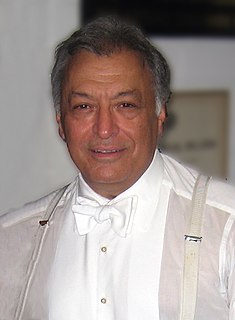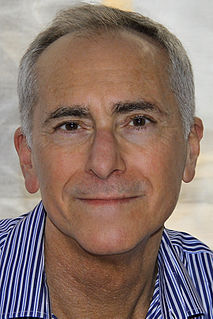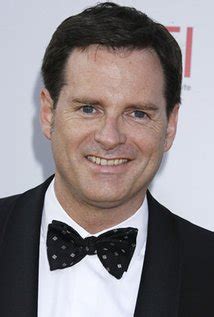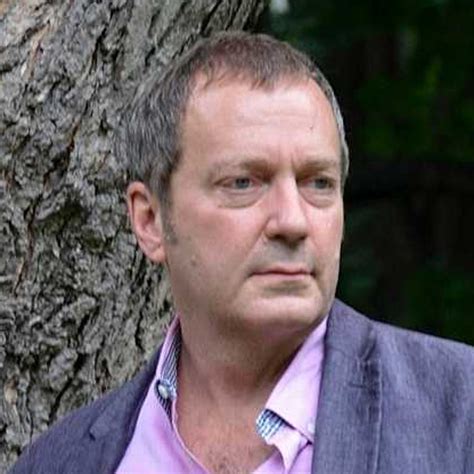Цитата Адама Джонсона
Представьте себе мир, в котором ни один писатель не написал литературного романа за шестьдесят лет. Представьте себе место, где ни один человек не читал книгу, которая действительно посвящена главному персонажу.
Связанные цитаты
Все тупицы в мире, которые воображают, что Шекспир не мог написать Шекспира, потому что из того, что мы знаем о Шекспире из Стратфорда, невозможно, чтобы у такого человека был опыт, чтобы воображать такие вещи, — что ж, это отрицает самое главное. то, что отличает Шекспира почти от любого другого писателя в мире: воображение, которое неприкосновенно и безостановочно.
Впервые я услышал термин «мета-роман» на писательской конференции в Талсе, штат Оклахома. Идея состоит в том, что, хотя каждая книга в серии стоит отдельно, при совместном чтении они образуют один большой продолжающийся роман о главном герое. Каждая книга представляет собой собственную арку: в первой книге серии мы знакомимся с персонажем и устанавливаем мета-цель, которая проведет его через дальнейшие книги, во второй книге эта мета-цель проверяется, в третьей книге — вы получаете картину.
У меня появилась мания по Фицджеральду — к тому времени, как я окончил среднюю школу, я прочитал все, что он написал. Я начал с «Великого Гэтсби» и перешел к «Ночь нежна», которая просто захватила меня. Потом я прочитал «По эту сторону рая», его роман о Принстоне — я буквально спал с этой книгой под подушкой два года.
В течение десяти лет я регулярно писала статьи о науке для женских журналов, и, насколько мне известно, я единственный человек в мире, который может так говорить. Это не пользуется популярностью ни в научном, ни в академическом мире, но это одна из самых сложных вещей, которые я когда-либо делал. Писать о космологии для такого журнала, как Vogue, гораздо труднее, чем для New York Times, для которого я тоже писал, потому что нужно представить, что на противоположной странице будет реклама подводки для глаз или статья о космологии. последние тенденции в длине юбки.
Некоторые люди скажут: «Зачем читать комиксы? Они подавляют воображение. Если вы читаете роман, вы представляете, какие люди на самом деле. Если вы читаете комикс, он показывает вам». Единственный ответ, который я могу дать: «Вы можете читать пьесу Шекспира, но значит ли это, что вы не захотите увидеть ее на сцене?
Какая радость читать книгу, которая заставляет вспомнить, насколько высокими должны быть литературные стандарты… проявление силы одного из лучших английских романистов… «Искупление» – захватывающая книга; такой же хороший роман - и более удовлетворительный ... - чем что-либо, написанное Макьюэном ... возвышенно написанное повествование ... Отрывок из Дюнкерка - колоссальное произведение, декорация, которая легко могла бы существовать сама по себе.
Представьте себе мир, в котором мы видели бы границы, разделяющие нас, и отмечали наши различия, а не прятались от них. Представьте себе мир, в котором мы, наконец, осознаем, что в основе своей все мы одинаковы. И представьте, если бы мы позволили этому новому пониманию строить отношения между людьми и между народами.
Вот что я хочу от книги, чего я требую, о чем молюсь, когда берусь за роман и начинаю читать первую фразу: я хочу всего и не меньше, полной меры писательского сердца. Я хочу роман настолько поэтический, чтобы мне не приходилось обращаться к резервным поэтическим антологиям, чтобы утолить жажду музыки, совершенства и экономии фраз, точности тона. Кроме того, я хочу книгу, настолько наполненную историей и персонажами, чтобы я читал страницу за страницей, не думая о еде или питье, потому что мной овладел писатель, обезумевший от неутолимой жажды узнать, что будет дальше.







































